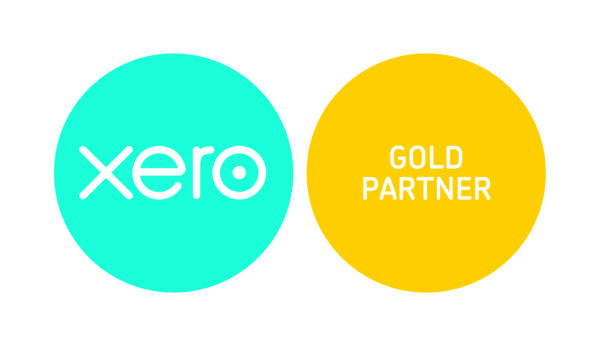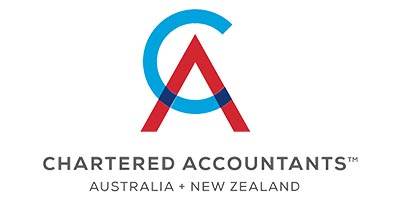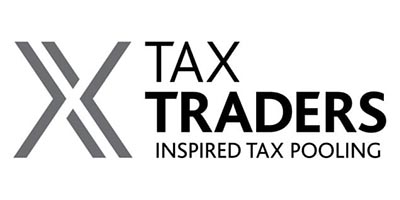What business records you need to keep and for how long
Keeping proper records is important for businesses of any size. It will not only help you complete your year end tax returns but also ensure you have proof of income and expenses in case you get audited by the Inland Revenue Department.
Outlined below are some of the business records you should keep. Rule of thumb is to keep all records for 7 years as required by law. The best way to keep records is to store them online and have backups. With emergence of cloud storage, it’s easier and safer to store all your business records online using services such as dropbox.
Wages & Salaries
- Signed Employee/Contractor Agreements
- Tax Code declaration and Kiwi Saver Forms
Physical book or online records with details each payday:
- Total gross earnings, including taxable allowances
- Amount of earnings not liable for ACC earner levy
- The amount of PAYE deducted (taking into account any tax credits for payroll giving donations)
- Any payroll giving donations and tax credits for them
- Child support deductions if any
- Student loan deductions
- KiwiSaver employee deductions
- KiwiSaver employer contributions (gross)
- KiwiSaver employer contributions
- Superannuation contributions
- ESCT (employer superannuation contribution tax)
- Taxable value of any employee share scheme (ESS) benefit
- Total tax, plus student loan and child support, deducted from the ESS benefit (if any)
- Value of tax-free reimbursing allowances
- Personal service rehabilitation payment
Income & Claiming Expenses
Tax Invoices
Keep records of all tax invoices issued. Make sure your tax invoices are valid.
For a tax invoice to be valid it must have:
- the words “tax invoice” in a prominent place
- the name and registration number of the supplier
- the name and address of the recipient
- the date the tax invoice is being issued
- a description of the good and services supplied
- the quantity or volume of the goods and services supplied and either:
- the total amount of tax charged, the consideration excluding tax and the consideration inclusive of tax, or
- the consideration for the supply and a statement that includes the tax charge.
Record of expenses
In order to claim for expenses against your income you must keep proper records of all expenses.
The records of your expenses should include:
- invoices for purchases of more than $50, which you must receive when you buy goods or services on credit for the business.
- evidence of payment (eg, invoice, cash sale docket, till receipt) for purchases of $50
- evidence of credit card purchases, including credit card vouchers, payment receipts and monthly statements. Also keep the invoice issued at the time of purchase.
Cashbooks
If you use cashbooks to record your sales and expenses these much be complete and accurate.
Use a cashbook to record all money that your business pays and receives. Include all transactions made by any means, including cheque, direct credit, internet and telephone banking, and automatic teller machines.
At the end of each month, reconcile the cashbook with your bank statement by balancing the payments and receipts in your cashbook with your bank balance.
Online or computer-based accounting system
It is easy and efficient nowadays for small business to keep records using desktop/cloud-based accounting systems.
If you are using such a system, your records must:
- be sufficient for legal purposes
- be in English unless the IRD has approved another language
- can be kept in any form, as long as they contain the necessary information
Banking records
With online banking it has become much easier to keep your banking records.
Normally banks keep your records even after your bank accounts have been closed, however you are still required to keep all your bank statements, cheque & deposit books.
Petty Cash
Petty cash is a small amount of money kept on hand to make day-to-day incidental purchases for items that are too small to pay by cheque or eftpos. Record small cash expenses and attach the receipts to a blank page in your petty cash book and balance it at least monthly.
Vehicle Logbook
If you use your own vehicle in the business, you can claim the running costs. If you use it to travel from home to work, or any personal travel, you’ll need to separate business and private use. To do this, keep a logbook of business and private use of motor vehicles so you only claim the business portion of the vehicle expenses. You must keep a logbook for at least three months, every three years, to work out the business share of the running costs.
You don’t have to keep a logbook if you use the vehicle only for business—you can claim the full running costs without making any adjustments.
When a company owns a vehicle, it can claim the full running costs without making any adjustments. However, the company must pay fringe benefit tax if the vehicle is available for employees’ or shareholder-employees’ private use. The company will also have to calculate GST on the fringe benefit.
* By no means is the above a comprehensive list of all records required to be kept by a business, this will differ from business to business. Contact us if you need advice on your record keeping.






